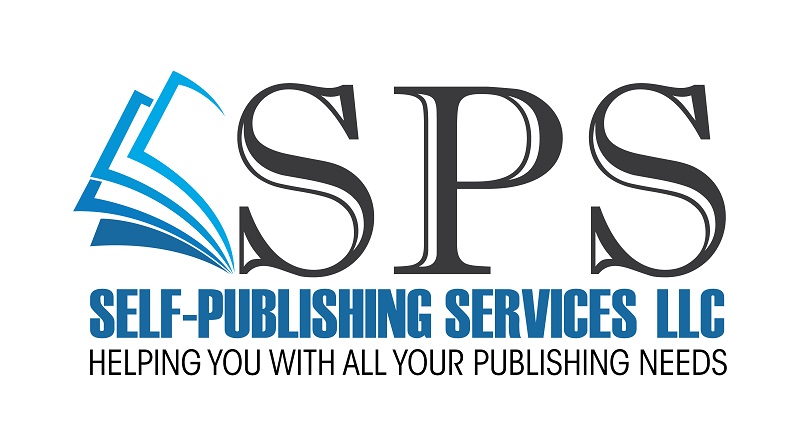How to Write a Riveting Synopsis
Writing a book is challenging, but sometimes figuring out how to get your entire book down into a few pages can feel almost impossible. After all of the time you spent planning out an entire story, developing characters, building worlds, or expanding on your thesis, how are you supposed to whittle all of that down into a bite-sized bit? While you can always partner with us to help you fine-tune your synopsis, let’s break down a few ways to get you started in the right direction when it comes to crafting a synopsis that will leave agents and publishers wanting more!
Focus on the Hook
It’s important to shift your thinking when working on a synopsis. Writing a book requires that you think big: Lots of words, lots of ideas, and big-picture ideas. A synopsis requires that you focus on the big ideas in a broader sense and the major highlights. So instead of looking at your book for all of the parts that make the whole, the nuance, and the subtext, the easiest way to start to get your brain thinking on a synopsis level is to start by developing an elevator pitch for your book. If you’re unfamiliar with the term, it means the shortest way you can sell your book–essentially, what you’d tell someone within the duration of an average elevator ride to pique their interest. What is the big, foundational piece of information that someone needs to know about your book to understand what it is broadly about as well as see the unique hook that makes it stand out? So if you’re talking about Twilight, you might say, “A human teenager and a vampire fall in love.” When you start thinking in such short, attention-grabbing descriptions, it can help you narrow down the big ideas to feature and what makes your book special and different from others.
Don’t Stress About the Details
How many times have you tried to explain your book to someone in casual conversation, started off with a major plot point, and then felt like you had to backtrack to fill in the gaps with other smaller bits of info? Sticking with the Twilight example, if you were trying to explain the plot of the book to someone quickly you might start off by saying, “Twilight is about a human teenage girl who falls in love with a vampire. He’s interested but he doesn’t want to hurt her—oh I should go back. You see, he’s posing as a normal human in her high school, but his entire family is made up of vampires that don’t drink human blood, and oh, another thing…” It gets unruly quickly, doesn’t it? But it makes sense why we get so bogged down in explaining the details. After all, part of what makes your book shine are those smaller details, so it can feel like you’re excluding a part of the magic of your book if you don’t articulate every little aspect of your narrative in a synopsis. But remember, the synopsis is just for an agent or publisher to get a basic, 30,000-foot level understanding about what to expect in your book. You’ll get a chance to highlight those details later, but for now, put them on the back burner.
Just the Facts!
Now that you’ve got the hook and you’re not worrying about details, you want to deliver the facts and the overall narrative arc in the most efficient way possible. Narrow the items that you want to explain in your synopsis to 3-5 major plot points. These should get the main ideas of the book across as well as show a reader the overall arc of your book. So if I was writing a synopsis for Twilight, I’d say the major plot points I wanted to feature would be: 1. Teenage girl moves to a new town 2. She meets a strange boy she’s attracted to, but he doesn’t seem to reciprocate the feeling. 3. Surprise, he’s a vampire, and though he is attracted to the human, it’s really one part romantic attraction, one part blood lust. 4. Despite the risks, they decide to try to make it work. With those main plot points, I can write out the synopsis to flesh out those points to explain the narrative arc briefly while also featuring the big hook of my book.
All in all, a synopsis is like a written version of a full-length, spoilery movie trailer. You want to give your reader enough information to provide them with a solid idea of what to expect in your book, but you want to withhold just enough to pique their interest and get them wanting more. It’s a big job, but we’re here to help. If you want to talk with one of our editors about your synopsis, drop us a line!

